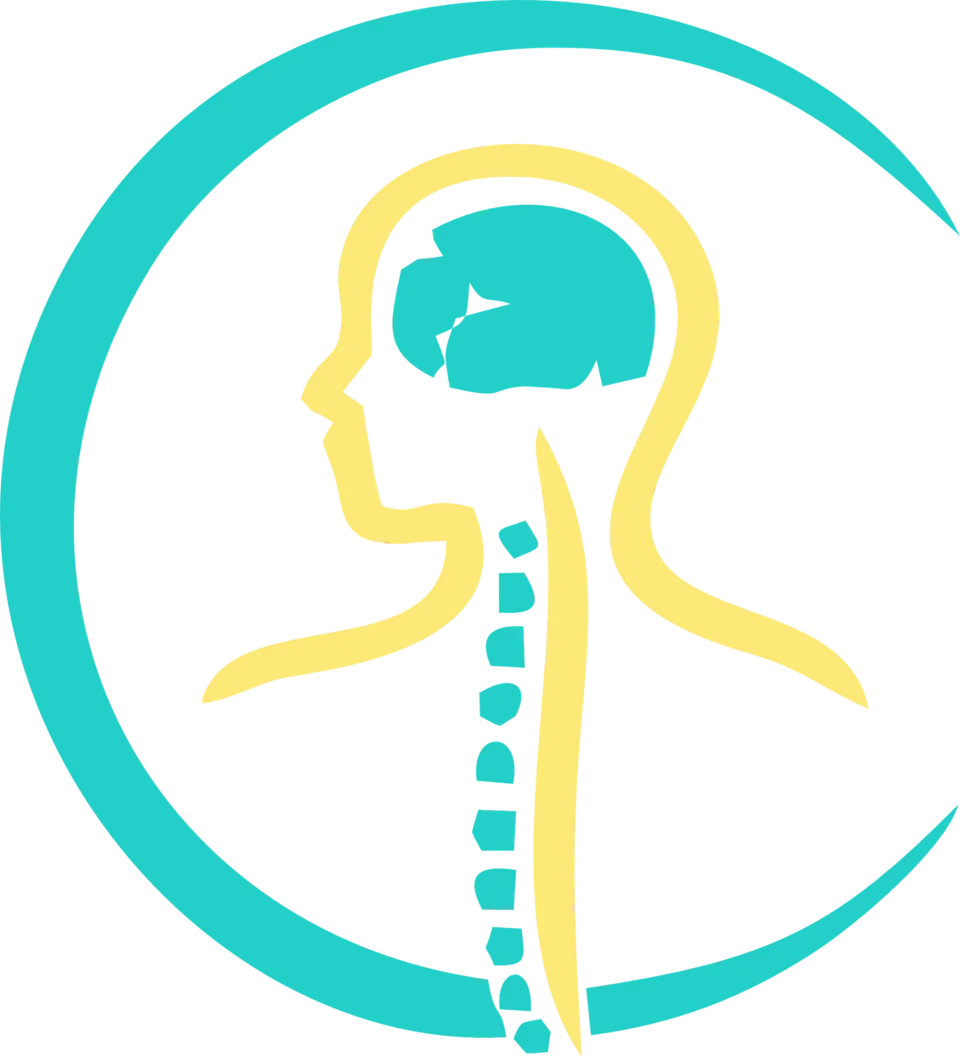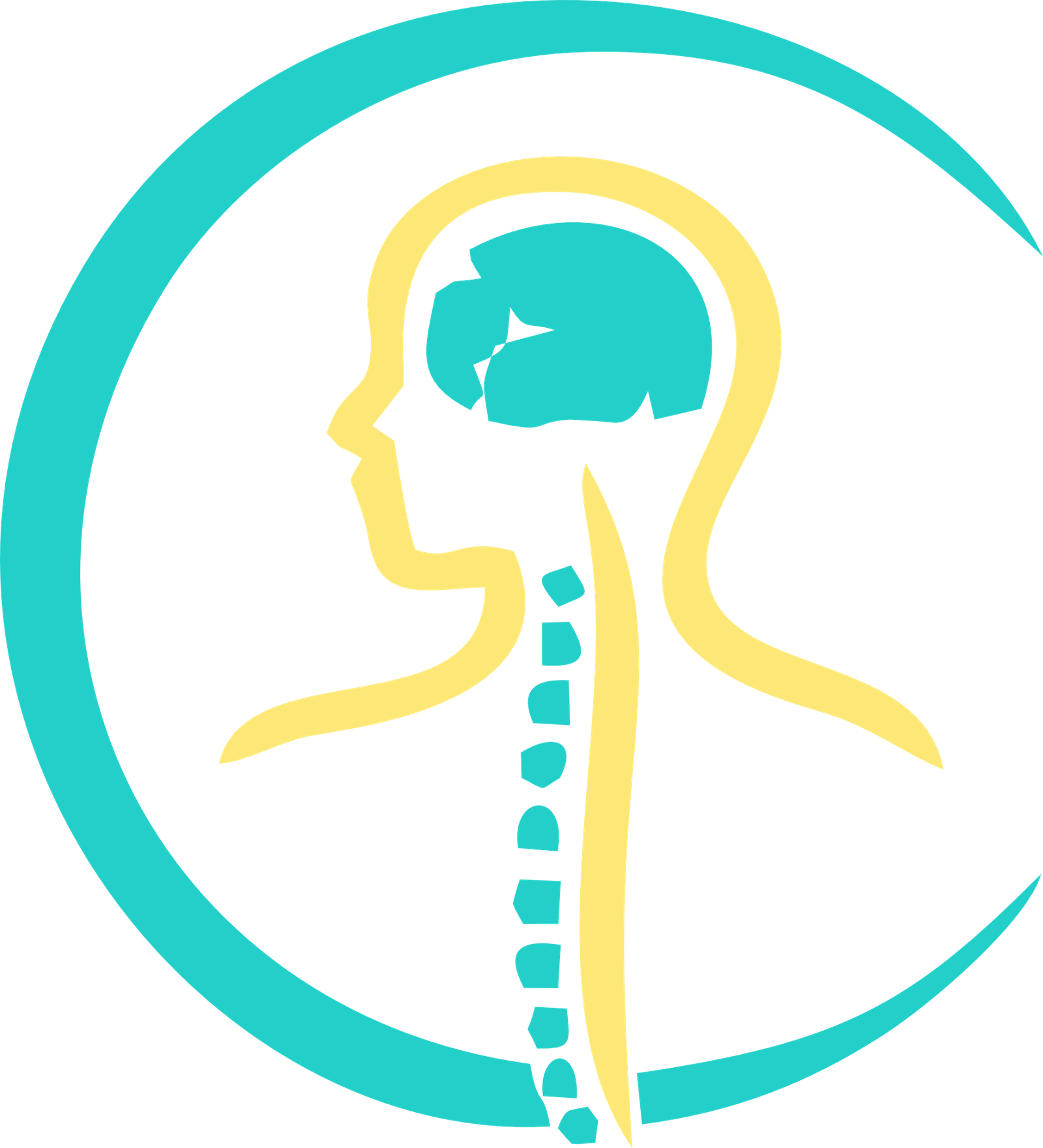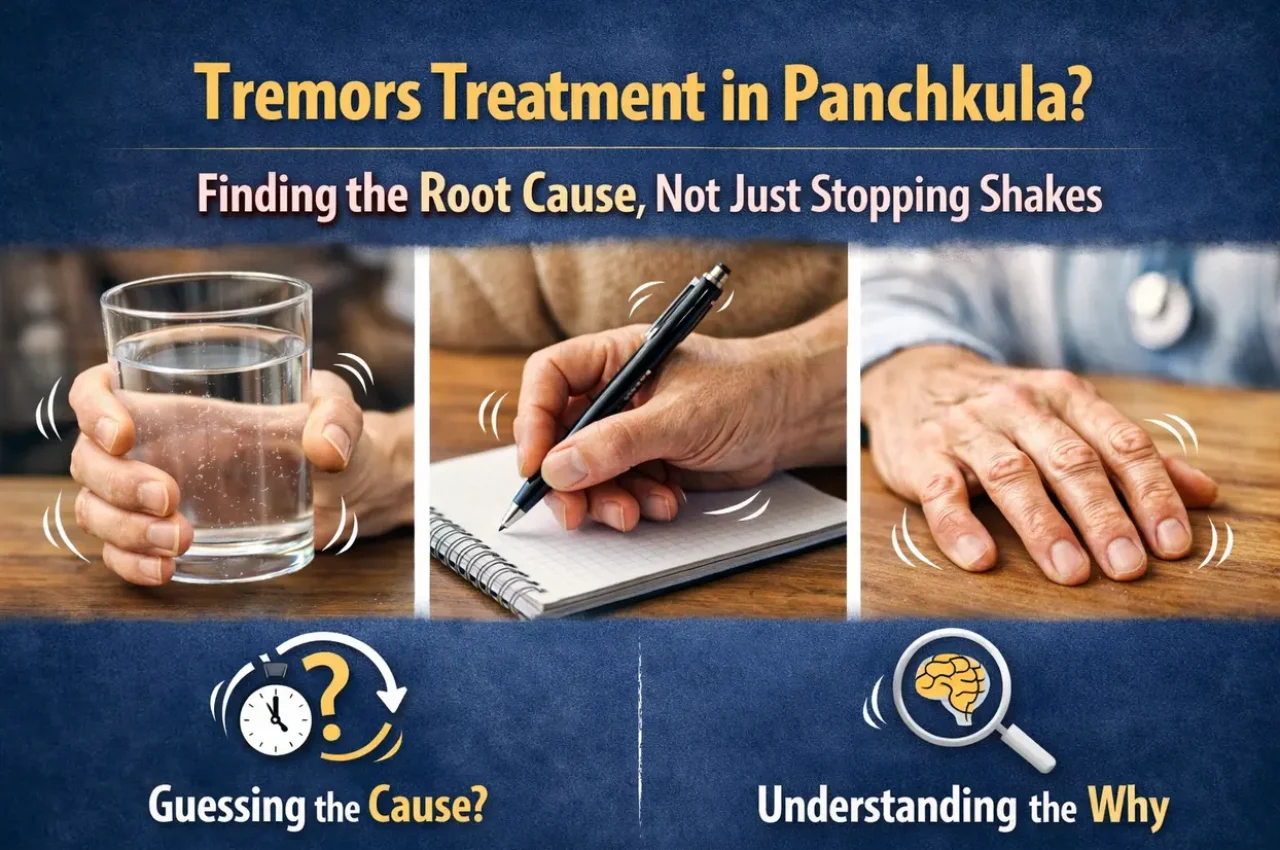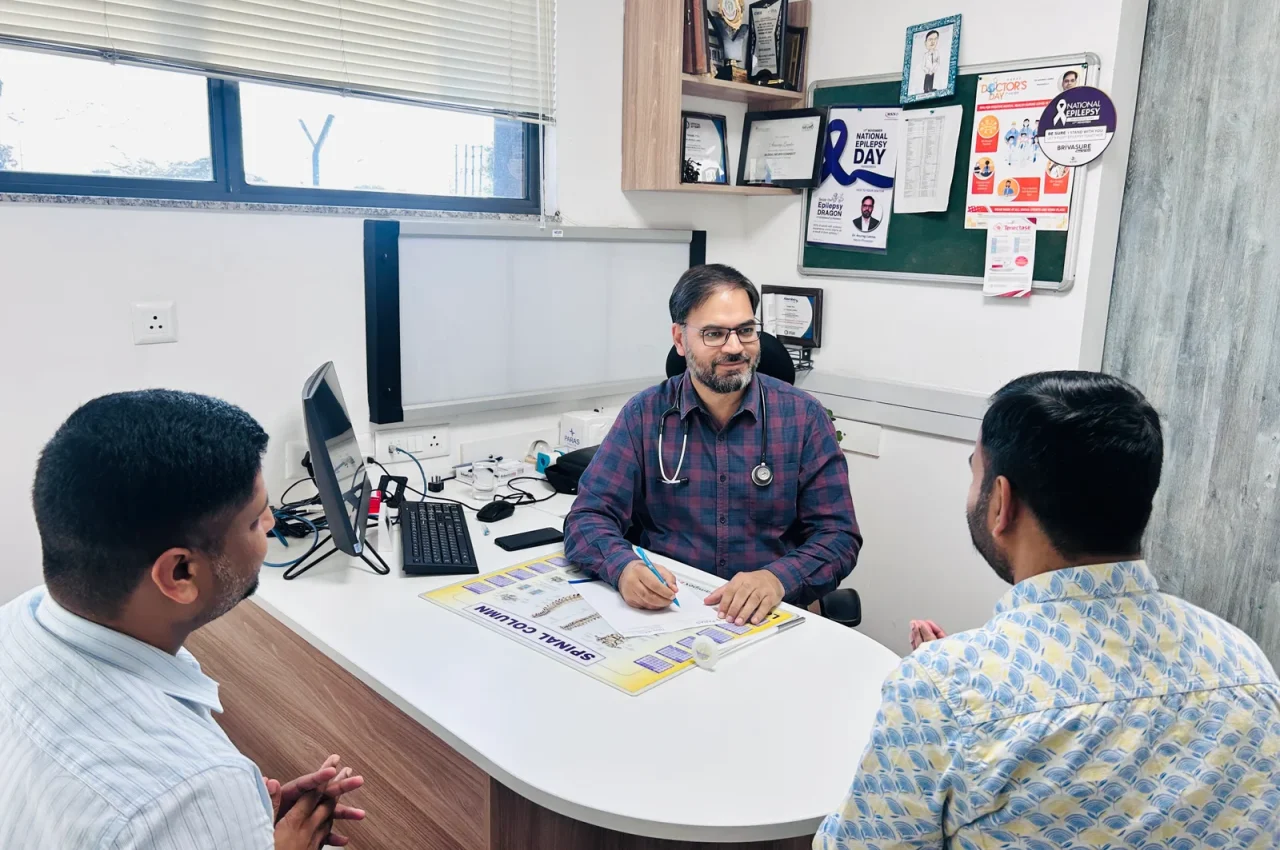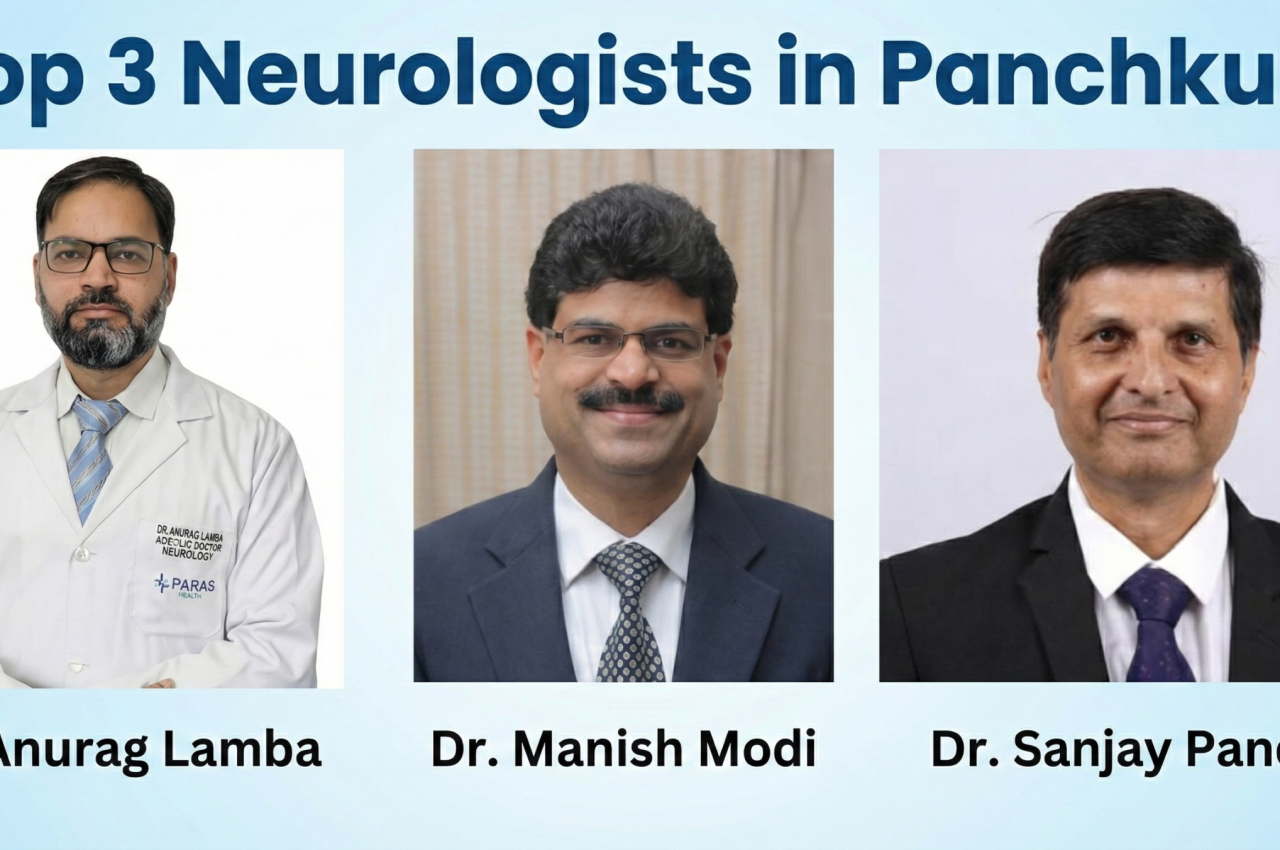Introduction: Why 40 Is the Turning Point
At 40, many of us start noticing small health changes — climbing stairs feels tougher, sleep gets lighter, energy dips faster. But what often goes unnoticed is nerve health.
Take the case of Mr. Verma, a 42-year-old IT professional from Panchkula. He ignored months of tingling in his feet, thinking it was just “sitting too long at work.” When the burning started at night, he finally saw a neurologist. Tests revealed a severe Vitamin B12 deficiency. The good news: with timely treatment and lifestyle changes, his nerve health is now improving.
He isn’t alone. According to the Indian Council of Medical Research (ICMR), nearly 1 in 3 Indians above 40 may have some form of vitamin deficiency or early nerve-related issue — most don’t realize it until symptoms become severe.
The reality is that nerve health is like your retirement fund. If you don’t invest in it now, the problems will catch up later. In this article, we’ll explore how nerves change after 40, daily habits that protect them, and when you should seek medical advice.
Explore next: Neuropathy Explained: Causes, Symptoms, and Treatment Options in Panchkula
Why Nerve Health Declines After 40
Nerves are like electrical wires connecting your brain and body. After 40, several factors slowly wear them down.
Biological Factors
- Vitamin absorption slows down: Even if you eat the same diet, your stomach and intestines absorb less Vitamin B12 and Vitamin D.
- Hormonal shifts: Changes in metabolism and stress hormones affect blood flow to nerves.
Lifestyle Risks
- Sitting jobs: Long desk hours reduce circulation to legs, leading to numbness and tingling.
- Diet quality drops: Processed foods, instant meals, and alcohol become more common in busy lives.
- Stress: Cortisol levels rise, triggering inflammation that damages nerve cells.
Medical Triggers
- Diabetes & pre-diabetes: Quietly damage blood vessels that feed the nerves.
- Hypertension & cholesterol: Further reduce nerve oxygen supply.
- Frequent acidity medicines: Reduce stomach acid, lowering B12 absorption.
Quick Comparison
| Under 40 | Over 40 |
|---|---|
| Strong vitamin absorption | Reduced absorption of B12 & D |
| Active metabolism | Slower metabolism |
| Lower lifestyle diseases | Higher risk of diabetes, hypertension |
| Quick nerve recovery | Slower healing, persistent symptoms |
“After 40, small lifestyle corrections are as powerful as medicines in keeping nerves strong.” – Dr. Anurag Lamba
Daily Habits to Protect Your Nerves
The good news: nerve decline isn’t inevitable. Simple daily choices can slow, prevent, and even reverse early damage.
1) Eat a Nerve-Friendly Diet
Food is medicine for your nerves. Focus on vitamins B12, B1, B6, D, E, and Omega-3s.
Include:
- Milk, curd, fortified cereals → B12
- Dal, nuts, whole grains → B1
- Bananas, chickpeas → B6
- Almonds, spinach → Vitamin E
- Walnuts, flaxseeds, fish → Omega-3
Local tip: In Panchkula, vegetarians often miss out on B12. Fortified cereals and supplements are essential here.
Explore next: Vitamin Deficiency and Nerve Pain: The Hidden Link
2) Stay Physically Active
Movement is the best circulation booster. A 30-minute walk, yoga, or cycling improves blood supply to nerves.
- Morning walks at Sukhna Lake or Leisure Valley are great examples for Panchkula residents.
- Yoga postures like Tadasana and Bhujangasana improve spinal nerve flexibility.
- Even short “micro-breaks” every 1 hour at your desk make a difference.
3) Limit Alcohol & Smoking
- Alcohol damages nerve endings directly and blocks vitamin absorption.
- Smoking reduces blood flow, worsening nerve oxygen supply.
Cutting back or quitting can significantly reduce neuropathy risk.
4) Manage Stress
Stress hormones trigger inflammation. Patients often report burning feet or tingling worsening after a stressful day.
- Try pranayama (deep breathing), meditation, or even 10 minutes of silence daily.
- Workplace fix: Short screen breaks every 2–3 hours.
5) Prioritize Sleep
Sleep is when your nerves repair and recharge. Less than 6 hours per night worsens burning, tingling, and fatigue.
- Aim for 7–8 hours.
- Follow a sleep routine: dim lights, no late-night caffeine, fixed bedtime.
6) Watch Your Feet Daily
Numbness means you may not feel cuts or blisters. Left untreated, they can get infected.
- Inspect your feet every night.
- Wear soft, supportive footwear.
- Never walk barefoot outside.
Do’s and Don’ts for Nerve Health After 40
| Do’s | Don’ts |
|---|---|
| Balanced meals with B12, D, Omega-3 | Skip meals or eat only carbs |
| Walk / yoga daily | Sit for 8–10 hours straight |
| Regular health tests | Delay doctor visits until severe |
| Limit alcohol & smoking | Heavy weekend drinking |
| Sleep 7–8 hours | Burnout with 4–5 hours of sleep |
Screening & Early Testing After 40
Routine “executive health packages” often miss nerve-specific tests. If you are over 40, ask for:
- Vitamin B12 levels → Normal >300 pg/mL, deficiency <200.
- Vitamin D test → Low levels linked with weakness & cramps.
- HbA1c test → Identifies diabetes/pre-diabetes.
- Nerve conduction studies (NCS) if symptoms persist.
Case example:
A 45-year-old teacher from Panchkula had fatigue and burning feet. Her routine package showed normal sugar but didn’t test B12. A neurologist added the test — deficiency confirmed. Treatment stopped her symptoms in weeks.
When to See a Neurologist
Don’t wait if you notice:
- Tingling or burning for >2 weeks
- Frequent stumbling or poor balance
- Weakness that doesn’t improve with rest
- Fatigue + irritability with nerve symptoms
“Catching nerve problems early is half the treatment. Delay only makes recovery harder.” – Dr. Anurag Lamba
Final Word
After 40, health is not just about avoiding disease — it’s about staying active, sharp, and independent. Protecting nerve health means you can enjoy work, family, travel, and hobbies without being slowed down by pain or weakness.
👉 If you live in Panchkula and notice persistent tingling, burning, or weakness, book a consultation with Dr. Anurag Lamba. Early action today can save years of discomfort tomorrow.
Related Neuropathy Guides
- Neuropathy Explained: Causes, Symptoms, and Treatment Options in Panchkula
- Best Foods and Nutrients for Healthy Nerves
- Vitamin Deficiency and Nerve Pain: The Hidden Link
- Peripheral Neuropathy: Causes Beyond Diabetes
